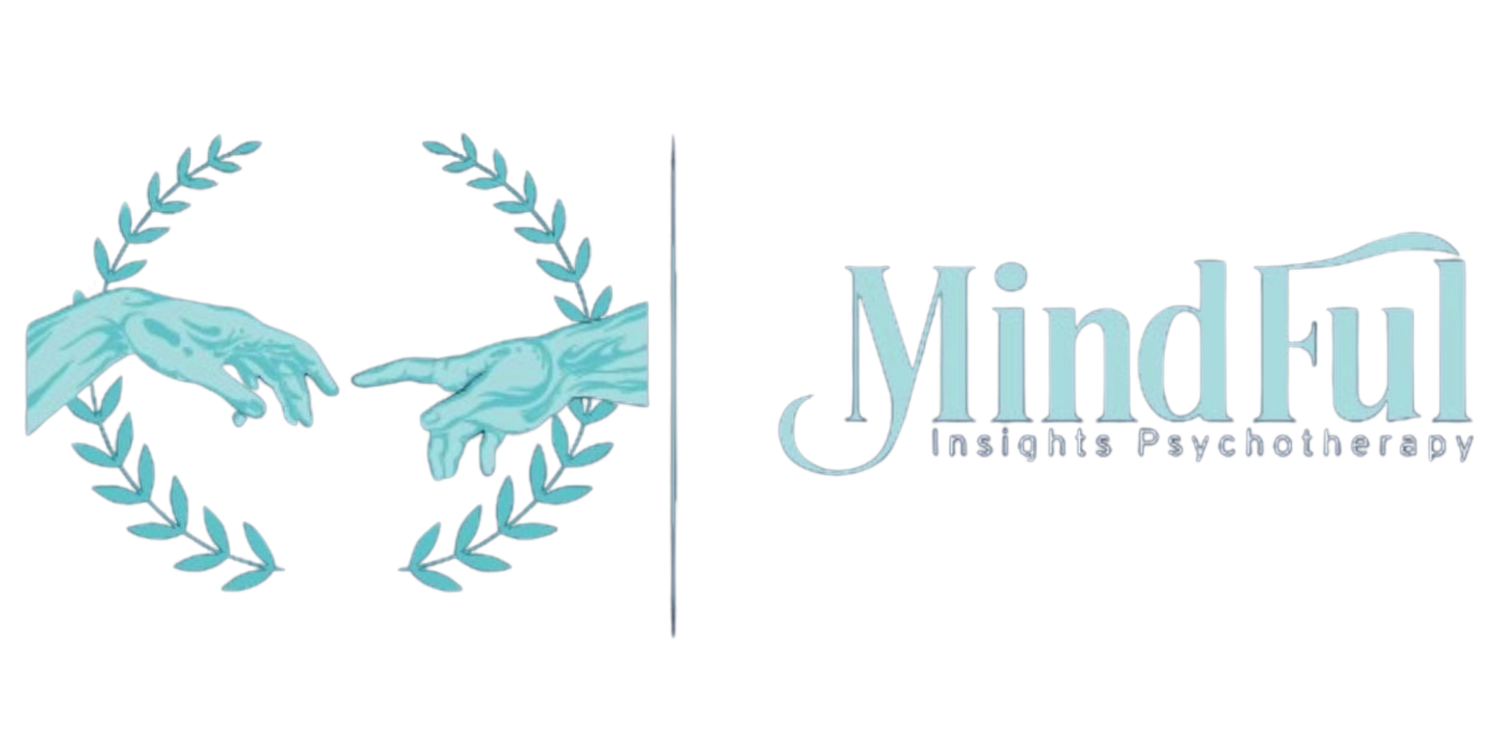When Strength Becomes a Burden: How Therapy Supports the ‘Strong Friend’
At Mindful Insights Psychotherapy, we often work with individuals who are known as the “strong one” in their families, friendships, or communities. You’re the one who shows up, keeps it together, gives the best advice—and rarely lets others see your struggles.
If this sounds familiar, you might be silently carrying emotional exhaustion, loneliness, or the pressure to always appear composed. Being the strong friend is not a weakness, but it can become a burden when it leaves no space for your own needs.
🧠 The Emotional Load of the Strong Friend
You might be seen as resilient, dependable, and grounded. But underneath the surface, the strong friend often carries:
• Silent burnout from constantly giving
• Fear of being seen as “needy” or “too much”
• A tendency to dismiss their own needs
• Difficulty asking for help or even knowing how
Being the strong one often starts early—maybe you were the fixer in your family, or you learned to manage emotions to feel safe. Over time, that role becomes part of your identity. Letting go of it, even momentarily, can feel unsettling.
🚩 Signs You’re the Strong Friend—and Struggling
• You feel guilty when asking for help
• You often bottle up emotions to keep the peace
• You’re praised for “being strong,” but feel unseen
• You give more support than you receive
• You minimize your struggles because “others have it worse”
If these resonate, you’re not alone. You’ve likely learned that love is earned through caregiving or perfectionism—and that unlearning takes time and support.
🛠️ How Therapy Helps Strong Friends Heal
At Mindful Insights Psychotherapy, we create a space where you don’t have to be the strong one. Therapy can help you reconnect with your own emotional world and begin to rewrite the narrative that strength means silence.
Here’s how therapy supports the strong friend:
🪞 A Safe Space to Be Real
You don’t need to be “on.” Therapy allows you to show up as you are—tired, overwhelmed, uncertain—and still be worthy of care.
🎯 Processing Emotional Pressure
Unpacking years of emotional labor is healing. You’ll explore where this pressure comes from and how it shows up in your relationships.
🔄 Redefining Strength
In therapy, strength is redefined as being honest, soft, and self-compassionate—not just enduring in silence.
🤝 Learning to Receive Support
Strong friends often don’t know how to let others in. Therapy can help you build support systems where emotional reciprocity is safe and healthy.
🧭 Reconnecting with Your Own Needs
When you’re always focused outward, your inner voice gets quiet. Therapy helps you hear it again and learn how to honour it.
💬 What If You Let Yourself Be Held?
What if being strong also meant being supported? What if you allowed yourself to be vulnerable without guilt? These are the questions we hold gently in therapy.
At Mindful Insights Psychotherapy, we work with high-functioning individuals, caregivers, and “strong friends” who are ready to prioritize their own healing. You deserve the same empathy you offer others.
📌 Final Thoughts: Strength Deserves Support
Being strong shouldn’t mean being alone. If you’re tired of holding it all together, therapy can help you rediscover ease, softness, and emotional rest.
You don’t have to carry the weight by yourself anymore.

